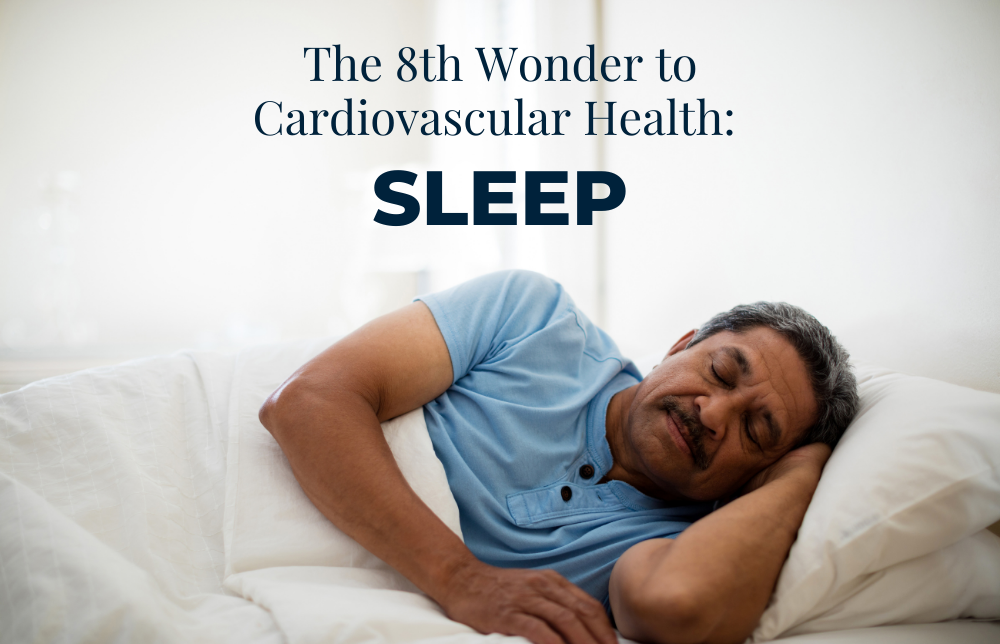
Tips for Better Sleep, from A to Zzzz
February 24, 2022
A good night’s sleep improves more than just your mood. Sleep is beneficial for your heart health, memory, even your immune system.
Most adults need between 7 and 9 hours of shut-eye a night to maintain health and happiness. Here are some of the most effective ways to make sure you get the amount you need to be your most effective.
A Better Sleep Starts with the Right Environment
- One of the most common causes of lost sleep is light. Your brain can sense even a small bit of rising sun peeking through the curtains. Light-blocking shades or an eye-mask can help keep your slumber restful.
- Likewise, noises - even subtle ones - can interrupt a restful sleep. A white noise machine, silicone earplugs, or even noise-canceling earbuds can all help keep your bedroom quiet.
- Allergies can lead to congestion and snoring, disrupting sleep quality. Hypoallergenic bedding can make a significant difference. An air purifier can also prove beneficial.
- A cool bedroom is best, ideally between 65°F to 72°F. A room that’s too warm makes it harder to fall and stay asleep. Likewise, make sure your sheets, blanket, and comforter are layered so you don’t get too warm.
- Maintaining the same wake time everyday helps set your body’s internal clock, allowing for an easier time falling asleep at night.
- Many alarm clocks can now mimic sunrise and sunset. Consider an alarm clock that also has a programmable wind-down routine/bedside light to help you keep on track with winding down before bed.
Find the Pillow That Fits Your Sleep Style
Comfort is the key for a good night’s sleep, and nothing is more important than making sure your head and neck are comfortable and supported. If you sleep on your stomach, rest your head on a flatter pillow. If you’re a side-sleeper, a more supportive pillow for your neck is best.
Wind-Down Time
Sleep is not an on/off switch. Doing things that relax you for the few hours before bedtime can make a world of difference. Meditation, reading, and gentle stretching are all great ways to wind down.
An evening cup of herbal decaffeinated tea is also an excellent way to relax the body. Remember to limit the amount of liquids you can assume for at least 1 to 2 hours before bedtime to avoid middle-of-the-night bathroom trips.
Good Morning!
Although darkness is helpful for falling asleep, greeting the day by opening the curtains and enjoying the sunlight can help you wake up feeling energetic and cheerful. Get out of bed, open the shades, and bathe in the daylight.
RECENT POSTS
AMBA’s Essential Insights in Dental Health: Understanding Cavities
Have you ever experienced pain or noticed persistent sensitivity in your teeth? You might have a cavity. Cavities are common,
Read More
Keep “Looking” Your Best: The Unique Eye Health Challenges for Women Over 55
March is Women’s History Month, a time to celebrate women's contributions to American history and society. It’s
Read More

Leaving Your Home To A Loved One
If you’re like many people, your home represents more than just financial value. As the saying goes, "Home is where the
Read More

The Top Scams to Watch Out for in 2025
In our increasingly digital world, the top scams continue to evolve, with fraudsters developing new and sophisticated ways to
Read More

